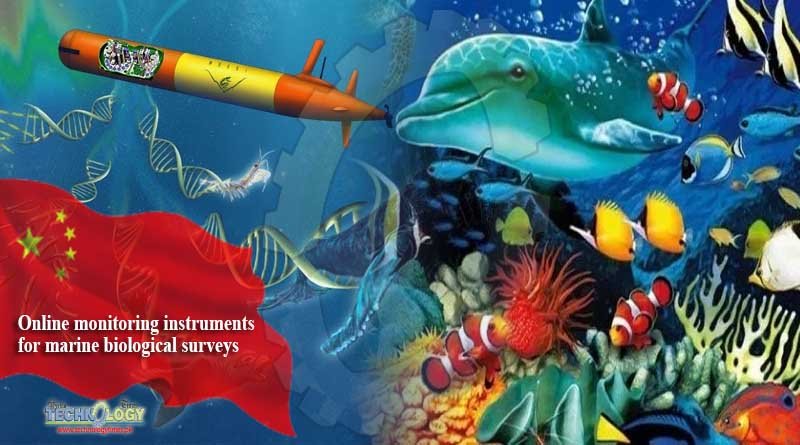Chinese scientists have developed online monitoring instruments for marine biological surveys and tested them in the Bohai Sea and Yellow Sea, according to the Chinese Academy of Sciences (CAS).
 Marine biology is the scientific study of marine life, organisms in the sea. Given that in biology many phyla, families and genera have some species that live in the sea and others that live on land, marine biology classifies species based on the environment rather than on taxonomy.
Marine biology is the scientific study of marine life, organisms in the sea. Given that in biology many phyla, families and genera have some species that live in the sea and others that live on land, marine biology classifies species based on the environment rather than on taxonomy.
The instruments were developed by the Hefei Institutes of Physical Science under the CAS for marine biological surveys. A series of instruments with different functions have been developed including those used for monitoring seawater chlorophyll, marine primary productivity as well as dissolved oxygen.
These instruments were installed in a monitoring ship, which has travelled more than 806 nautical miles in the Bohai Sea and Yellow Sea.
The instruments have conducted online monitoring for more than 130 hours and collected more than 9,200 profiles of data related to algae community structure, chlorophyll concentration, dissolved oxygen as well as the distribution characteristics of biological elements in typical sea areas.
The monitoring instruments provide advanced means for the assessment of both the marine environment and fishery resources as well as early warnings for algal blooms and red tide disasters. They also have scientific significance and value for research into global carbon cycles and climate change.